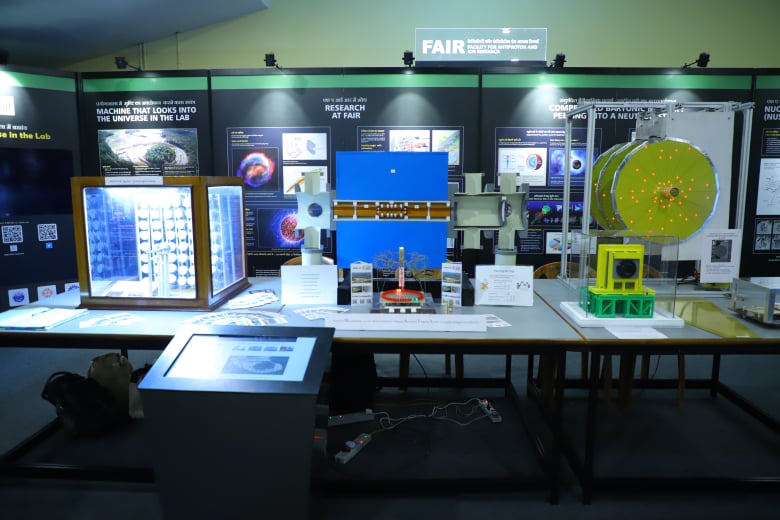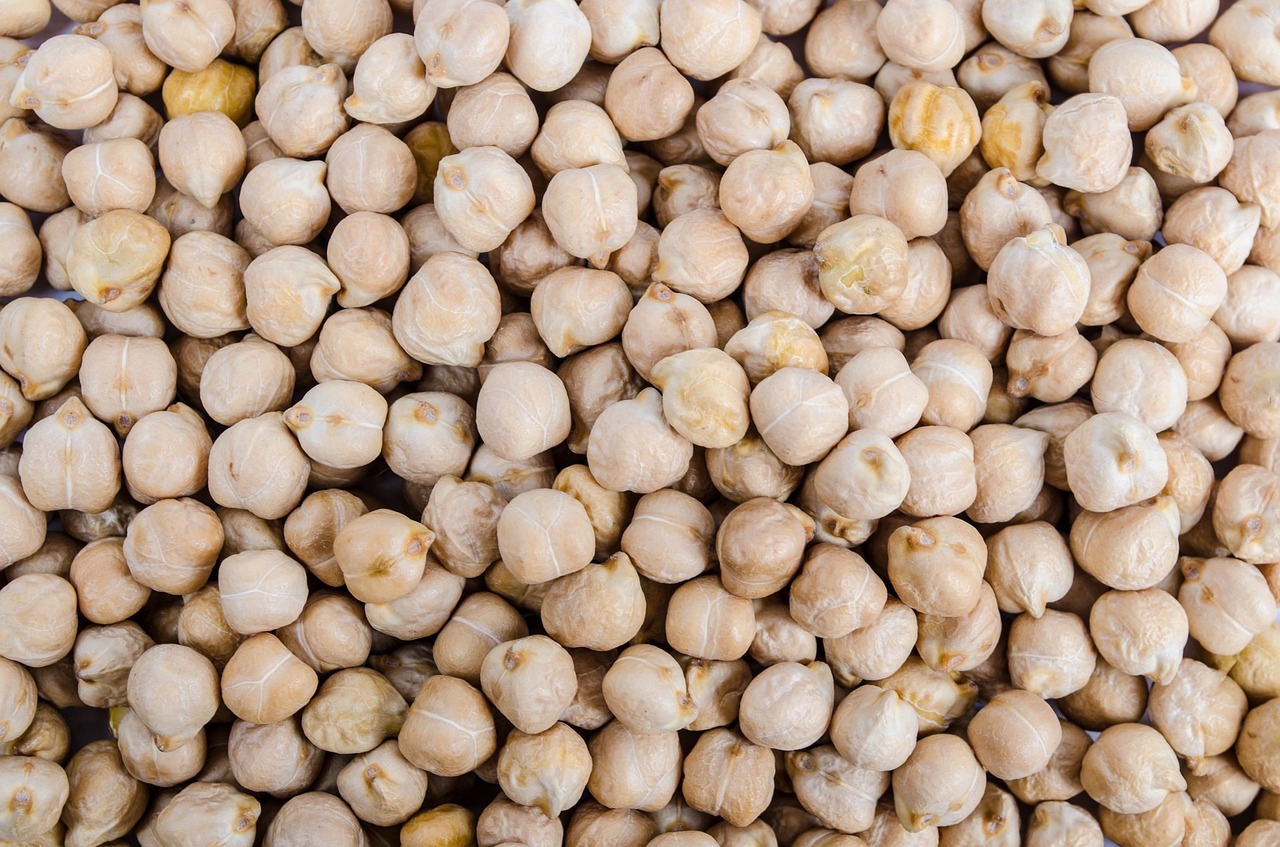
Three Guinness Records Set at India International Science Festival
- News
- 1.9K
Three Guinness World Records were set during the course of the fifth edition of the India International Science Festival (IISF), which ended here on Friday.
The first record was set on the opening day of the four-day mega program when 1,598 school students attended a class on astrophysics and assembled working models of spectroscopes by using nothing but discarded CDs and ordinary cardboard boxes.
Astronomers use spectroscopes to study temperatures, chemical composition and other aspects of celestial objects at distances of hundreds of millions of light-years. The models assembled by the students could also produce a solar spectrum.
While the cardboard boxes helped to channelize sunlight into their apparatus through a narrow window, CDs helped split the light rays by the process of diffraction. The event was dedicated to renowned scientists Meghnad Saha and Sir C. V. Raman.
The second record was set yesterday when 268 students successfully assembled radio kits from scratch successfully. In all 490 students who participated, 280 kits were evaluated and 268 were found to be assembled properly. The feat was accomplished in two hours. It was dedicated to the eminent scientists, Jagadish Chandra Bose.
The third record was set today when a group of 415 school students came together to form the largest ever human image of a chromosome. In the nucleus of every cell, the DNA molecule is packaged into chromosomes, which are thread-like structures. Each chromosome is made up of DNA tightly coiled many times around proteins called histones that support its structure. The event was designed to inculcate the spirit of discovery in young minds to start their own explorations in the world of science and technology.
The festival was jointly organized by science and technology-related Ministries and Departments of the Government of India and Vijnana Bharati. The festival is an annual program to celebrate India’s scientific and technological advancements with students, innovators, craftsmen, farmers, scientists and technocrats from India and abroad. The theme for this year’s festival is `RISEN India – Research, Innovation, and Science Empowering the Nation”.
The program, among other things, featured science film festival, science literature festival, a women scientist and entrepreneurs’ conclave, agricultural scientists’ meet, health research conclave, industry-academia conclave, national science teachers’ congress, and a national start-up conclave. Vigyan Prasar, an autonomous organization of the Department of Science and Technology, was the nodal agency to coordinate IISF 2019. (ISW)
If you liked this article, then please subscribe to our YouTube Channel for the latest Science & Tech news. You can also find us on Twitter & Facebook.


